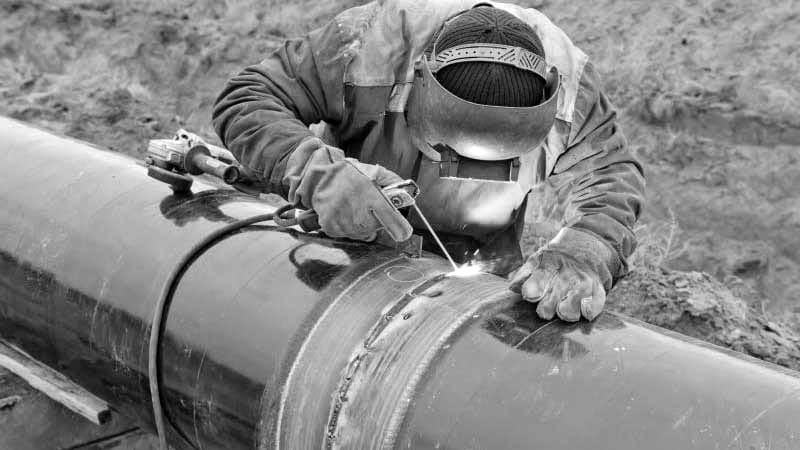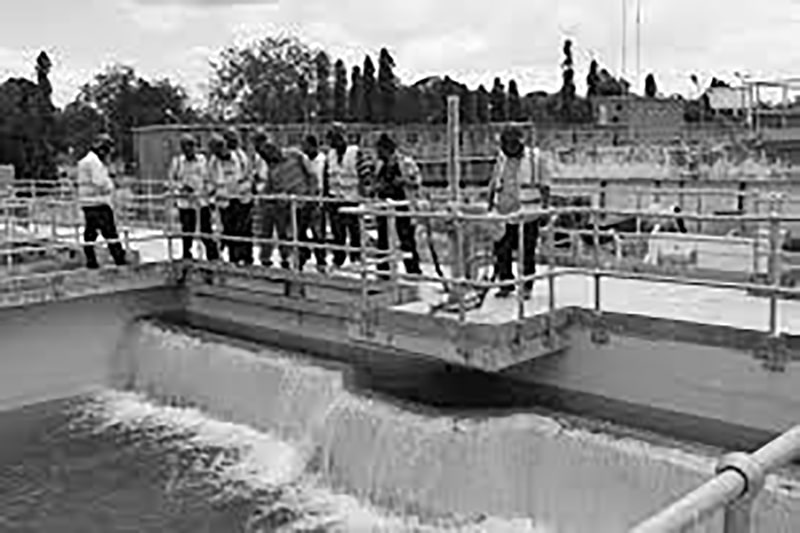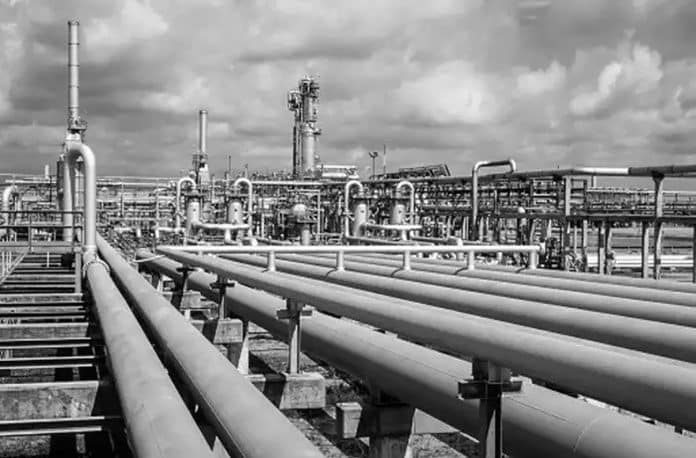Overview: EWURA (Energy and Water Utilities Regulatory Authority)
About EWURA
Overview
The EWURA [Energy and Water Utilities Regulatory Authority] is an independent multi-sectoral regulatory agency formed under the EWURA Bill Chapter 414 of the Tanzanian laws. It is in charge of the technical and economic control of the power, natural gas, petroleum, and water sectors in Tanzania according to Chapter 414 and sector law.
Vision
“To be the World’s Best Regulator of Clean Water and Energy Services” is EWURA’s mission.
Mission
The objective of EWURA is “to manage water and energy utilities in a practical, transparent, and economical manner that guarantees their availability, quality, and cost.
Functions
EWURA’s responsibilities include tariff assessment, licensing, performance monitoring, and standards in the areas of safety, quality, health, and the environment. EWURA is also in charge of encouraging economic productivity and effective competition, protecting consumers’ interests, and promoting the provision of regulated services to all users in the regulated sectors, especially rural, low-income, and disadvantaged users.
Duties
In performing its functions, EWURA will endeavor to improve the welfare of Tanzanian society by.:
- Encouraging economic efficiency and efficient competition.
- Safeguarding the interests of customers.
- Protecting the financial survival of efficient suppliers.
- promoting the accessibility of regulated services to every consumer, especially rural, low-income, and disadvantaged users
- Taking into consideration the necessity of protecting and preserving the environment.
- Increasing the general public’s awareness, knowledge, and comprehension of the regulated industries
Electricity
General Information
Sections 5\6 of the Electricity Bill, Chapter. 131, mandate the EWURA [Energy and Water Utilities Regulatory Authority] to perform both economic and technical regulation of the ESI [Electricity Supply Industry] in Tanzania Mainland, protecting stakeholders’ desires and guaranteeing service providers’ financial viability. EWURA achieves these goals by issuing licenses, enforcing reliability and quality of supply, approving rates and charges, approving the initiation of purchasing of power projects, approving Power Purchase Accords, ensuring supply security, ensuring energy efficiency, promoting effective competition, and promoting economic efficiency, among other things.
Petroleum
General Information

Chapter 414 established the EWURA [Energy and Water Utilities Regulatory Authority], which is an independent multi-sectoral regulatory agency. The Authority is required to comply with and execute the Petroleum Bill, 2015, Chapter 392, when carrying out its function and duties in the petroleum sub-sector.
The Authority is mandated by these laws to control the Tanzanian Mainland’s Downstream and Midstream petroleum sub-sector, which includes technical, economic, and safety regulatory tasks. EWURA’s regulatory activities in this industry are focused on:
- Monitor to ensure the quality and security of the country’s petroleum product supply.
- Streamline the acquisition, petroleum product distributions, transportation and storage in other to reduce costs.
- Attract investment in the petroleum downstream and mid operations through licensing, hence assisting in the reliable supply of petroleum products across the country.;
- Ensure fairness in order to defend the interests of effective service providers and suppliers.; and
- Implement government rules as stated in the Energy Policy structure.
The main purpose of EWURA [the Agency] is to defend the interests of users, effective suppliers, and the state, who are all major stakeholders in the Agency.
Natural Gas
General Information
The Authority is in charge of regulating downstream and midstream natural gas operations in Mainland Tanzania, such as processing, storage, transportation, and distribution. Processing plants, distribution and transmission pipelines, as well as storage facilities are among the controlled infrastructures.
For a little over 50 years, Tanzania has been searching for natural gas. Tanzania’s first natural gas finding was on Songo Songo Islands [Lindi District] in 1974, followed by a 2nd discovery in Mnazi Bay [Mtwara District] in 1982. Songo Songo natural gas was initially sold in 2004, followed by Mnazi Bay natural gas in 2006. The monetization of the two findings prompted more onshore and offshore gas exploration.
Four service companies are actively engaged in natural gas downstream and midstream activities. The TPDC [Tanzania Petroleum Development Corporation], M&P [Maurel & Prom], PAET [Pan African Energy Tanzania Limited], and Songas Limited are the companies in question. Ophir Energy plc, BG [Shell/BG Group plc], ExxonMobil, Statoil, and Ndovu Resources [Aminex] are among the other service companies still prospecting offshore and onshore
According to the Ministry of Minerals and Energy, discovered gas reserves[natural] total 57.25 trillion SCF [standard cubic feet] as of March 2016.
Water and Sanitation
General information
The EWURA [Energy and Water Utilities Regulatory Authority] oversees regulating Tanzania’s sanitation services and water supply on a technical and commercial level.
Water Basins and Sanitation and Water Supply divide the Water department into two sub-departments: Water Resources Management [that is governed by Water Basins] and the other by Sanitation and Water Supply.
Water and sanitation services are provided through WSSAs [Water Supply and Sanitation Authorities] governed by EWURA, as well as CBWSOs [Community Based Water Supply Organizations] managed by the Ministry for Water through the RUWASA [Rural Water Supply and Sanitation Agency].
The WSSAs [Water Supply and Sanitation Authorities] are described in Chapter 91[a] of the Water And sanitation Services Bill, 2019, whereby the cabinet minister in charge of water may, in negotiation with the cabinet minister in charge of Local Government, create a WSSA based on factors detailed in The Water Regulations, 2019 GN. Number. 828; WSSAs are in charge of the control of sanitation services and water supply, primarily in urban areas.
After modifying the WWO [Waterworks Ordinance] of 1949 and the Water And sanitation Services Bill, Chapter 272, which went into effect in August 2009, the water sector was regulated in 2006. Currently, the Water And sanitation Services Bill 2019 and EWURA Chapter 414 govern the regulation. The Water And sanitation Services Bill of 2019 clearly divides the roles of the Ministry of Water, the WSSAs [Water Supply and Sanitation Authorities], and EWURA. It also enacts legislation based on the National H2o [Water] Policy.

As of July 2020, EWURA controls 94 WSSAs that offer sanitation services and water supply at District and Regional headquarters, Town and National Projects Water Companies, as displayed on a Table of Regulated WSSAs; as announced by the Minister in charge for water, as details below shows.: –
| Summary of regulated WSSAs | |
| Types of Utilities. | Number of Utilities |
| Regional WSSAs | 26 |
| DT WSSAs – Stand Alone | 25 |
| National Projects Water Authorities | 7 |
| DT WSSAs – Regional WSSAs Supervision. | 10 |
| DT WSSAs – RUWASA Supervision. | 26 |
| TOTAL WSSAs. | 94 |
Infrastructure
Installed Water Capacity, Demand, and Production
Water supply from national and regional projects water utilities was 332 million m3 in the Fiscal year 2018/19. While the total installed water capacity is 492 million cubic meters, The overall water demand is 520 million cubic meters. Water output for township and district water utilities was 36.3 million cubic meters in the Fiscal year 2018/19, while demand was 105.3 million cubic meters.
Public Register
The Electronic Public Records of EWURA provides access to regulatory information for the four sectors it oversees: electricity, natural gas, water and sanitation and petroleum.
The existence of this portal stems from a recognition of the demand and needs for an informed public regarding the availability and clear information on actions taken, orders, procedures, and also internal policies and the Code of Ethics guiding board members and EWURA Staff.
EWURA aims to ensure that the entire international and domestic community is timely and well informed about its documentation and activities both via its physical Public Records and its electronic portal, in accordance with its core principle of clarity and in accordance with paragraph 24 of the EWURA Bill chapter. 414.
Information Centre
Section 6 [e] of the Water and Energy Utilities Regulatory Bill [Chapter. 414] states that it is the Authority’s responsibility to improve public awareness, knowledge, and comprehension of regulated sectors, along with rights and obligations, methods for initiating and resolving complaints and disputes, and EWURA’s duties and functions.
A well-planned public engagement is necessary for balancing public expectations since it is a vital component of the Authority’s functions to improve public awareness, knowledge, and comprehension of the regulated industries.
As a result, EWURA’s information center serves as an access point for regulatory information on the four industries it oversees: electricity, natural gas, petroleum, and sanitation and water.
EWURA aims to ensure that the entire international and domestic community is timely and well informed about its documentation and activities both via its physical Public Information Records and its electronic portal, in accordance with its core principle of transparency and in accordance with paragraph 24 of the EWURA Bill chapter. 414.
EWURA Online Services
Stakeholders can use online services to speed up the delivery of services by increasing service hours, boosting transparency, and removing physical barriers among Energy and Water Utilities Regulatory Authority and its stakeholders. Presently, internet services are available for applying for a license or tariff through the LOIS [Licence and Order Information System], registering complaints, submitting Water Tariff Performance Reviews through the MAJLS [Water Information System], and submitting electricity performance evaluations through the ERIS [Electricity Regulatory Information System].
For more articles related to the Government of Tanzania and the Society (Community), click here!

































